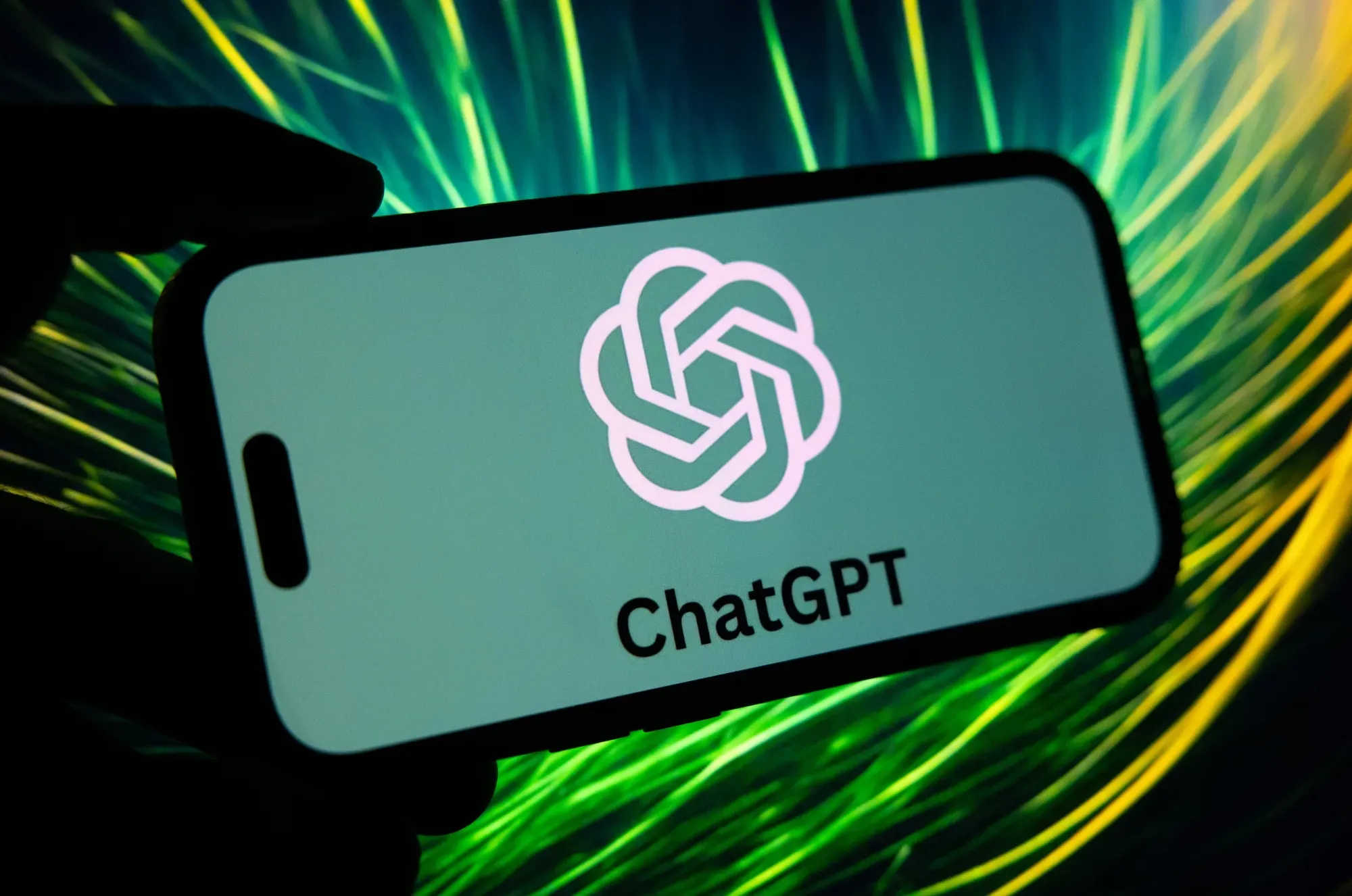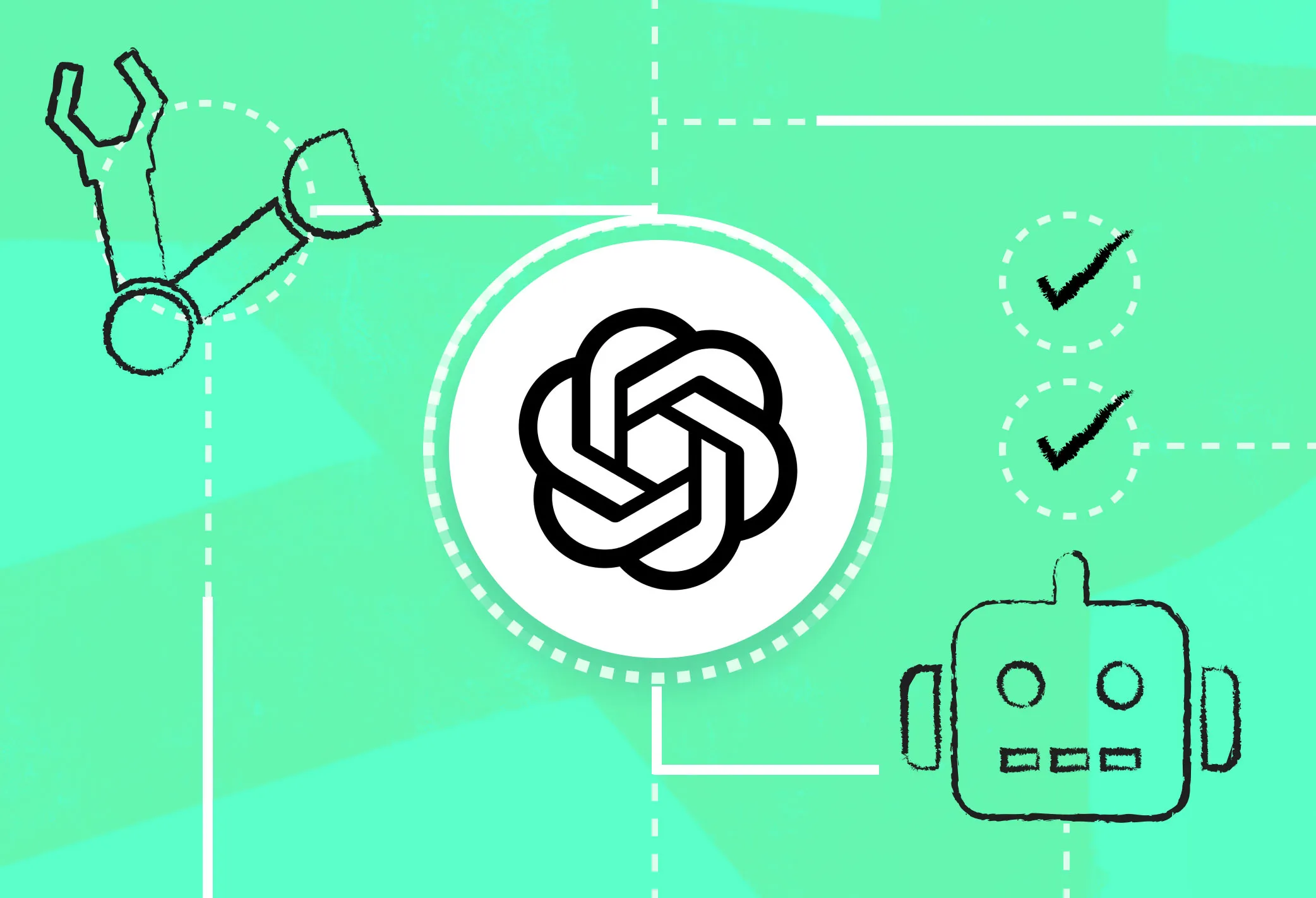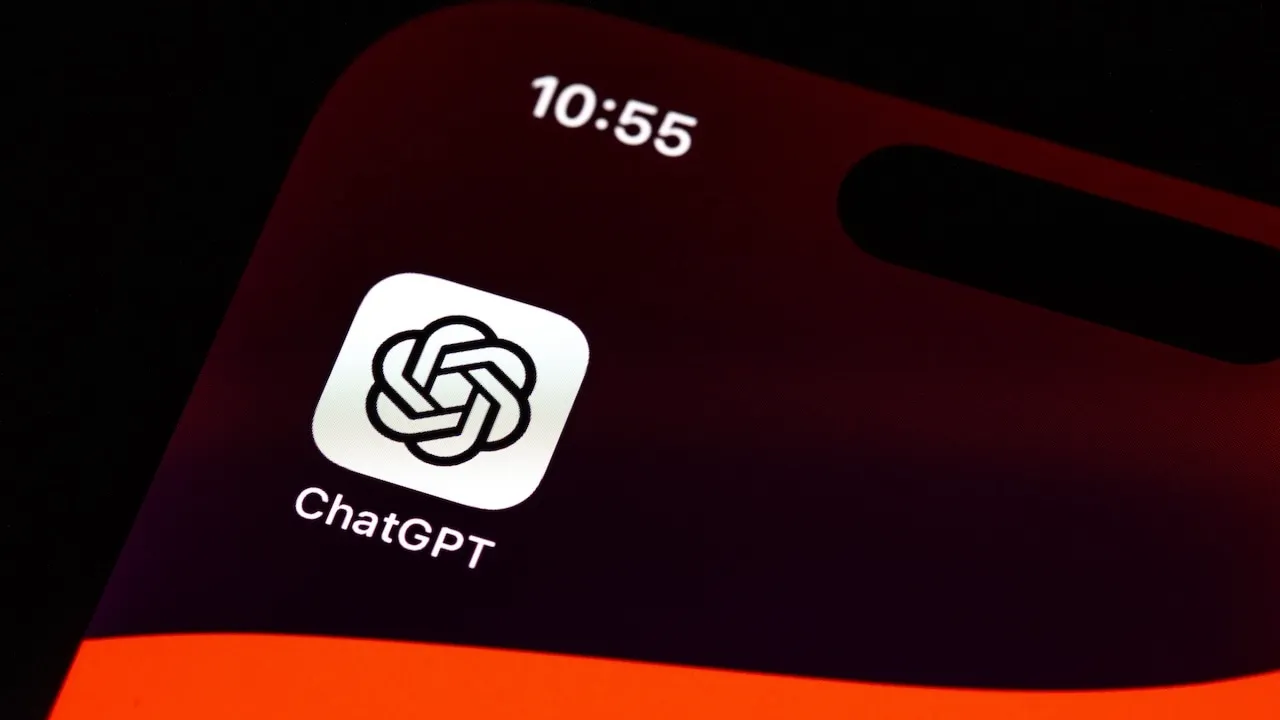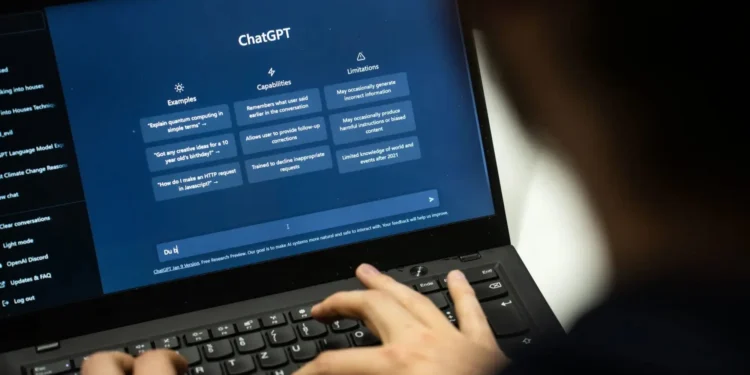In a significant update that blurs the lines between traditional digital assistants and advanced AI technologies, OpenAI has rolled out a new feature for ChatGPT—Tasks. This innovative functionality is set to redefine how users interact with AI, positioning ChatGPT closer to the functionalities of well-known digital assistants like Siri.

How Tasks Work
The latest development from OpenAI introduces ‘Tasks,’ a feature that empowers ChatGPT users to schedule reminders, responses, and other actions. As highlighted in recent reports by TechCrunch, this feature is currently in its beta phase and offers a glimpse into the future of AI as a more proactive component in our digital lives.
Tasks allow users, particularly those subscribed to Plus, Team, and Pro tiers, to employ plain language commands to set up activities that the AI later executes at specified times. This step is part of a broader move by OpenAI to venture into the agentic AI domain. Agentic AI refers to systems that can function autonomously within set parameters, potentially transforming the role of AI in the professional landscape by automating routine tasks.

Notifications and Accessibility
A notable aspect of the Tasks feature is its integration with the ChatGPT mobile and desktop applications, which alert users through notifications when it’s time for a task to be executed. This seamless integration ensures that users remain informed and can rely on ChatGPT to manage time-sensitive duties effectively.
While this groundbreaking feature is accessible to premium subscribers, it remains out of reach for free-tier users, drawing a clear line between different levels of access and functionality within OpenAI’s offerings.

Bridging AI Tools and Digital Assistants
This update marks a pivotal shift in how AI tools are perceived and used. By incorporating scheduled tasks, OpenAI is not only enhancing ChatGPT’s capabilities but is also steering the technology towards a more Siri-like functionality. This move could signify a trend where AI becomes an integral, proactive player in managing daily tasks and responsibilities, potentially easing the workload of information workers and improving productivity.
As AI continues to evolve, the integration of such features could significantly impact how we interact with technology, making AI assistants not just reactive but also anticipatory agents in our digital interactions. This development by OpenAI is a step towards a future where AI’s role extends beyond mere interaction, into the realm of personal and professional task management.










